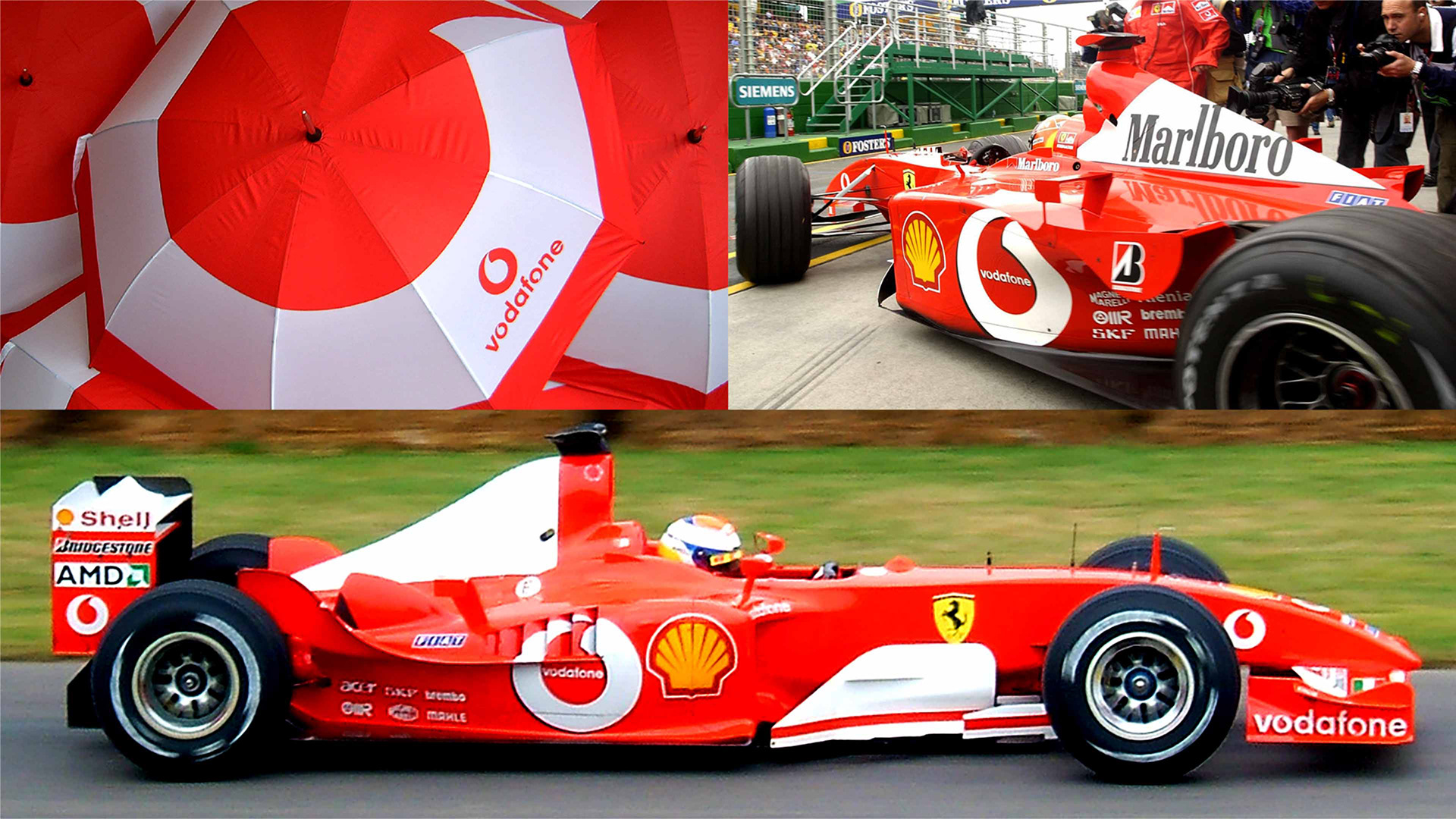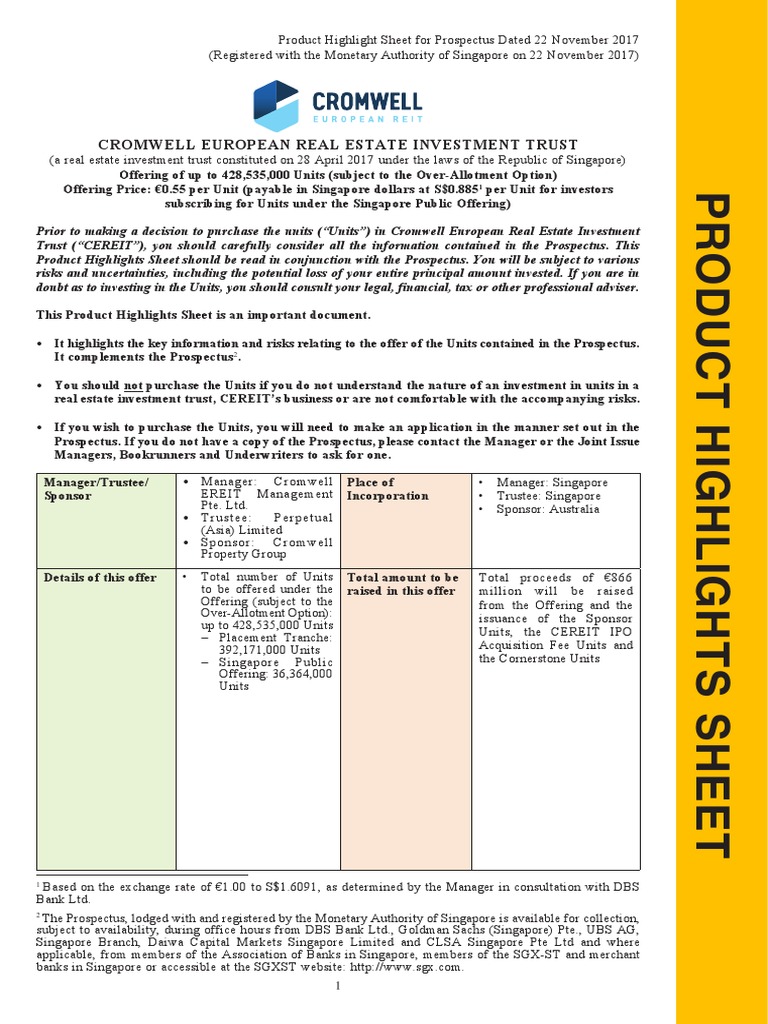Trade Wars And Brand Identity: How Porsche Navigates The Ferrari-Mercedes Tightrope

Table of Contents
Porsche's Brand Positioning: A Delicate Balance
Porsche occupies a fascinating niche in the luxury car market. It’s not quite the ultra-exclusive, track-focused brand of Ferrari, nor is it the broader, more mass-market appeal of Mercedes-Benz. Instead, Porsche has successfully cultivated a brand identity that balances exhilarating performance with everyday usability, a key factor in its enduring success. This delicate balance requires a multifaceted approach:
-
Emphasis on handcrafted quality and engineering excellence: Porsche consistently emphasizes the meticulous craftsmanship and advanced engineering behind each vehicle. This resonates deeply with consumers seeking both performance and enduring value. The "Porsche experience" extends beyond mere transportation; it's a statement of precision and dedication.
-
Focus on driving experience and emotional connection with the brand: Porsche cultivates a strong emotional connection with its customers. Test drives, exclusive events, and a focus on the visceral thrill of driving reinforce this bond, building brand loyalty that transcends mere economic fluctuations. The iconic Porsche roar and the feeling of control behind the wheel are integral to the brand's identity.
-
Strategic diversification across model lines (e.g., SUVs, sedans, sports cars): Unlike Ferrari, which primarily focuses on sports cars, Porsche offers a wider range of vehicles, including SUVs like the Cayenne and Macan, sedans like the Panamera, and, of course, its iconic sports cars like the 911. This diversification mitigates risks associated with relying on a single market segment and allows them to cater to a broader audience.
-
Maintaining a premium price point despite competition: Porsche strategically maintains premium pricing, solidifying its position as a luxury brand. This pricing strategy, combined with its strong brand identity, allows it to command higher margins and maintain profitability even during economic downturns.
Impact of Trade Wars on Porsche's Supply Chain and Pricing
Trade wars significantly impact automotive manufacturers like Porsche, affecting their supply chains, production costs, and ultimately, pricing. The US-China trade war, for example, directly impacted Porsche's operations due to the sourcing of parts and the export of finished vehicles. The company has had to adapt through various strategies:
-
Analysis of the effects of specific trade wars (e.g., US-China trade war) on Porsche's operations: Porsche, like other automakers, experienced increased costs due to tariffs imposed during the US-China trade war. This necessitated careful analysis of the impact on various supply chains and the subsequent adjustments in production and pricing.
-
Strategies for mitigating supply chain disruptions (e.g., diversification of suppliers, regional production): To reduce reliance on single-source suppliers, Porsche has actively diversified its supply chain, seeking alternative suppliers in different regions to mitigate the risk of disruptions. Regional production adjustments have also helped to reduce the impact of trade barriers.
-
Impact on vehicle pricing and consumer demand: Increased costs due to tariffs inevitably translate into higher vehicle prices. Porsche has had to carefully manage pricing to balance profitability with consumer demand, adjusting strategies based on market sensitivity to price increases.
-
Adjustments in marketing strategies to address price sensitivity: In response to potential price sensitivity, Porsche has refined its marketing strategies, focusing on highlighting the long-term value and prestige of owning a Porsche, rather than solely focusing on price.
Protecting Brand Identity During Economic Uncertainty
Maintaining brand identity and customer loyalty during periods of economic uncertainty is crucial. Porsche employs various strategies to ensure its brand remains strong even in the face of trade wars:
-
Maintaining consistent brand messaging across global markets: Porsche maintains a clear, consistent brand message that emphasizes quality, performance, and the emotional connection with the brand, regardless of the geopolitical climate. This consistency reinforces brand recognition and trust.
-
Investing in digital marketing and customer relationship management (CRM): Digital marketing plays a crucial role in building and maintaining relationships with customers. Porsche invests significantly in these areas to ensure effective communication and engagement even during times of uncertainty.
-
Highlighting the long-term value and prestige associated with owning a Porsche: Porsche's marketing emphasizes the enduring value and prestige of its vehicles. This long-term value proposition is less susceptible to short-term economic fluctuations.
-
Focus on sustainability and corporate social responsibility initiatives: In today's world, sustainability and social responsibility are increasingly important to consumers. Porsche's commitment to these areas reinforces its positive brand image and resonates with a growing segment of environmentally conscious buyers.
Leveraging Digital Marketing and Customer Engagement
Digital channels are vital for Porsche to engage with its customers and maintain brand image during trade wars. Personalized marketing campaigns and community building efforts have proved particularly effective:
-
Importance of social media engagement: Porsche actively engages with its audience on various social media platforms, creating a direct line of communication and building brand loyalty.
-
Use of targeted advertising campaigns: Porsche leverages digital advertising to reach specific customer segments with tailored messaging, maximizing the effectiveness of marketing spend.
-
Online customer service and support: Providing seamless online customer service ensures positive brand experiences and builds customer trust.
-
Building a strong online community of Porsche enthusiasts: Porsche fosters a sense of community among its owners and enthusiasts through online forums and social media, reinforcing brand loyalty and creating a strong network of brand advocates.
Conclusion
Porsche's strategic brand positioning, resilient supply chain, and effective marketing strategies allow it to navigate the challenges presented by trade wars and intense competition from Ferrari and Mercedes-Benz. Understanding the interplay between global economics and brand identity is crucial, particularly in the luxury automotive sector. Porsche's success demonstrates the importance of adaptability, diversification, and a strong focus on building and protecting brand identity. Learn more about how luxury brands manage global economic pressures and build resilient brand identities by exploring further resources on international trade and brand management. Understanding the strategies of companies like Porsche navigating the tightrope between global competition and brand preservation is crucial in today's volatile market. Continue your research on trade wars and brand identity to further understand this complex topic.

Featured Posts
-
 584 Million Dubai Holding Expands Reit Initial Public Offering
May 20, 2025
584 Million Dubai Holding Expands Reit Initial Public Offering
May 20, 2025 -
 Lewis Hamiltonin Ja Ferrarin Neuvottelut Mikae Meni Pieleen
May 20, 2025
Lewis Hamiltonin Ja Ferrarin Neuvottelut Mikae Meni Pieleen
May 20, 2025 -
 D Wave Quantum Qbts Stock Soars Analyzing Todays Price Increase
May 20, 2025
D Wave Quantum Qbts Stock Soars Analyzing Todays Price Increase
May 20, 2025 -
 Ferraris Response To Leclerc Speculation Before Imola
May 20, 2025
Ferraris Response To Leclerc Speculation Before Imola
May 20, 2025 -
 D Wave Quantum Qbts Stock Performance On Monday Causes And Implications
May 20, 2025
D Wave Quantum Qbts Stock Performance On Monday Causes And Implications
May 20, 2025
Latest Posts
-
 Understanding Ftv Lives Hell Of A Run A Critical Analysis
May 20, 2025
Understanding Ftv Lives Hell Of A Run A Critical Analysis
May 20, 2025 -
 A Hell Of A Run Examining The Success And Challenges Of Ftv Live
May 20, 2025
A Hell Of A Run Examining The Success And Challenges Of Ftv Live
May 20, 2025 -
 The Ftv Live Hell Of A Run A Retrospective On Its Controversies And Contributions
May 20, 2025
The Ftv Live Hell Of A Run A Retrospective On Its Controversies And Contributions
May 20, 2025 -
 Severe Weather Alert High Winds And Fast Storms
May 20, 2025
Severe Weather Alert High Winds And Fast Storms
May 20, 2025 -
 Mainzs Nadiem Amiri His Rise In German Football
May 20, 2025
Mainzs Nadiem Amiri His Rise In German Football
May 20, 2025
